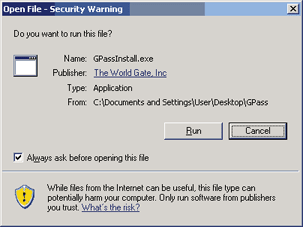

In an analysis of the reforms for the Conversation, health system expert Dr Stephen Duckett said “it’s unclear” whether the budget measures will increase bulk-billing rates. In other words, rather than a GP just being paid an incentive for giving a single short consult, they would be also be incentivised to provide holistic, integrated care across a number of services.

We need to also pay people for being doctors, and pay them a capitation payment, which would cover following up with family, following up with staff, talking to specialists and all of that care.” “The problem is we are obsessed with fee-for-service medicine, and we need to try and get away from that idea.
#GPASS FOR GROUPON FREE#
Sign up for Guardian Australia’s free morning and afternoon email newsletters for your daily news roundup It might stop bulk billing from going backwards for now, but it’s not a long-term solution.” “If you are a GP currently charging patients a gap fee of $50, then unless you get the same amount of money from changing to bulk billing, you’re not going to change as the extra incentives are nothing close to that much,” Maskell-Knight said. This is not the total GPs receive from the government for bulk billing (where a patient pays nothing for their appointment), but is a government payment GPs get paid on top of the Medicare rebate to encourage them to bulk bill. GPs working in very remote areas will receive $39.65. From 1 November the amount of money the government pays GPs as an incentive for bulk billing will triple to $20.65 instead of $6.85 for a standard consultation.


 0 kommentar(er)
0 kommentar(er)
